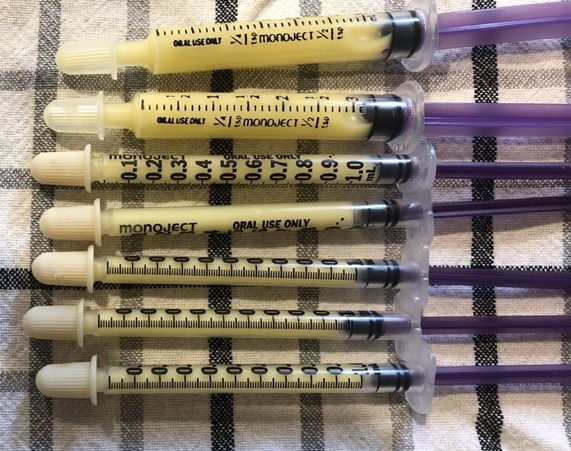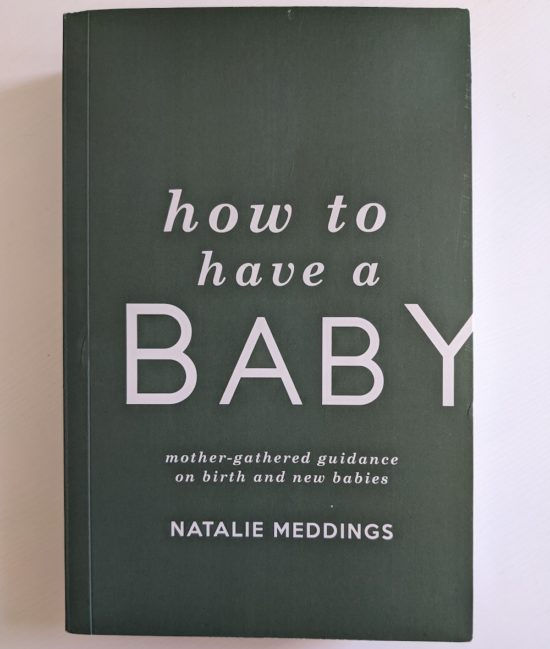Expressing colostrum before your baby's born
- swestacott
- Apr 4, 2024
- 3 min read
Have you heard about antenatal colostrum harvesting and wondered what it is and whether it's something worth trying?

What is colostrum?
Colostrum is the first milk you produce (from around 16 weeks of pregnancy) and it's there for your baby until your milk transitions or 'comes in'. This usually happens on day three to four after birth. It's the birth of the placenta that triggers the hormonal change that causes the transition from colostrum to mature milk. Colostrum is produced in really small amounts (perfect for your baby’s tiny tummy which at birth is around the size of a cherry!), is yellowish in colour and is full of antibodies to kick-start your baby’s immune system. It also colonises your baby's gut with friendly bacteria that can protect against allergies and disease. You might hear colostrum being called 'liquid gold'. as it's considered to be so valuable to your baby.
Why do some people collect colostrum antenatally?
Collecting colostrum before your baby's birth is recommended if you have diabetes or gestational diabetes because your baby may be born with low blood sugar. Colostrum (along with breastfeeding) is an excellent way to stabilise levels. You may also be encouraged to try expressing antenatally if you’re pregnant with twins (or more!) or if you're having a planned caesarean.
It can be helpful for anyone to try, though, as sometimes unexpected bumps in the road (for example, blood loss, a particularly long labour, tongue tie or lack of support with feeding) can impact your breastfeeding journey. Having some colostrum stored can be a reassuring back up, reduce the need for formula supplementation and can ease stress in the early days.
Antenatal colostrum harvesting can also help you to become familiar with hand expressing (which can be a really useful tool in the early days) before your baby is born. If your baby is having trouble latching on, is separated from you, has low blood sugar or needs some extra milk, you can use the colostrum you collected and froze during pregnancy.
How do I collect colostrum?
You can have a look at my video (below) which talks you through it but here are my top tips before you start:
Find somewhere you feel comfortable, warm and relaxed and you're unlikely to be interrupted.
Have everything you need close by.
You might want to have a warm bath or shower beforehand.
Most importantly, don’t worry if you don’t get any colostrum – this is perfectly normal and doesn’t mean you’ll have problems with breastfeeding.
If it’s something you’d like to try, it’s best to wait until 36-37wks as there's a very small chance that it can bring on labour. If you feel any tightenings when you're expressing, stop and speak to your midwife before trying again. If you’re at risk of early labour but you'd like to try expressing, have a chat with your midwife first.
How do I store it?
You can collect and store colostrum in small sterile syringes (1 or 2ml). Some midwives will supply syringes but you can also get them easily online (e.g. here: https://www.homebirthsupplies.co.uk/Colostrum-harvesting-syringes-Pack-10)
You can try expressing two to three times a day and collect any drops of colostrum in the same syringe - keep the syringe in the fridge between uses and at the end of the day you can label the syringe with the date and time of when you expressed, pop it in a sealable freezer bag (labelled with your name and date of birth) and transfer it to the freezer. Your frozen colostrum can be stored here for up to six months. To defrost it, hold it in your hand, run it under a warm tap or leave it at room temperature. Once it's thawed, use it within 24 hours.
If you're planning to have your baby at a birth centre or hospital, take a couple of syringes with you in a cool bag with ice blocks. Tell your midwife about your frozen colostrum (you can also include it in your birth plan) and make sure anyone looking after you knows about your wishes if your baby needs extra milk. The hospital may have access to a freezer for storing your syringes so it's worth asking when you arrive.
.png)



Comments